Wining & Dining in the Ancient World
Main Content
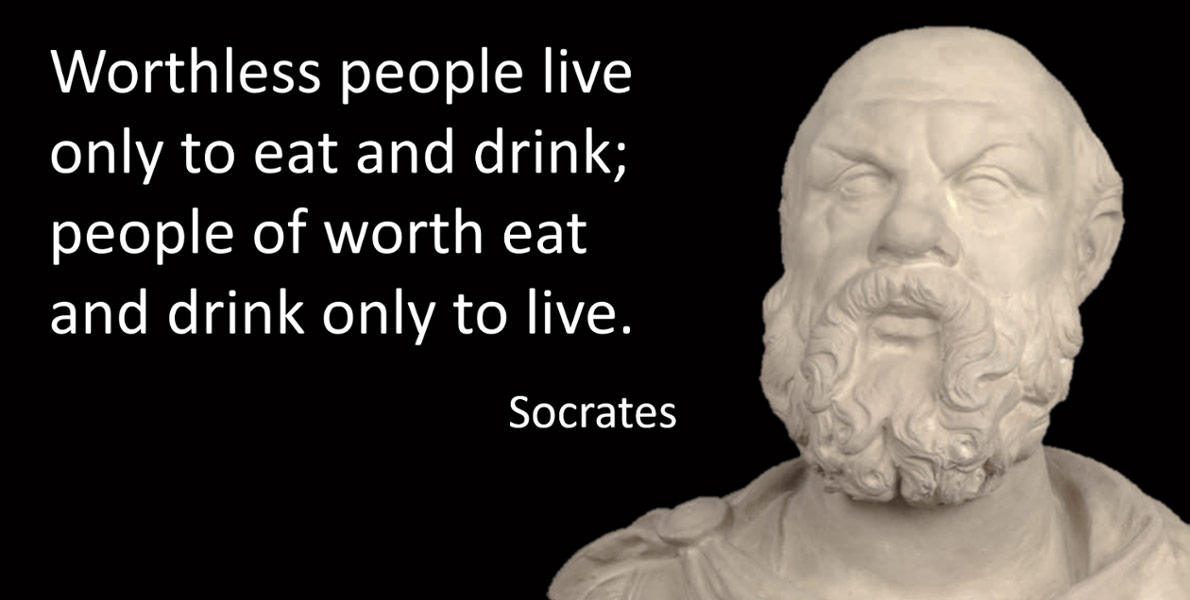
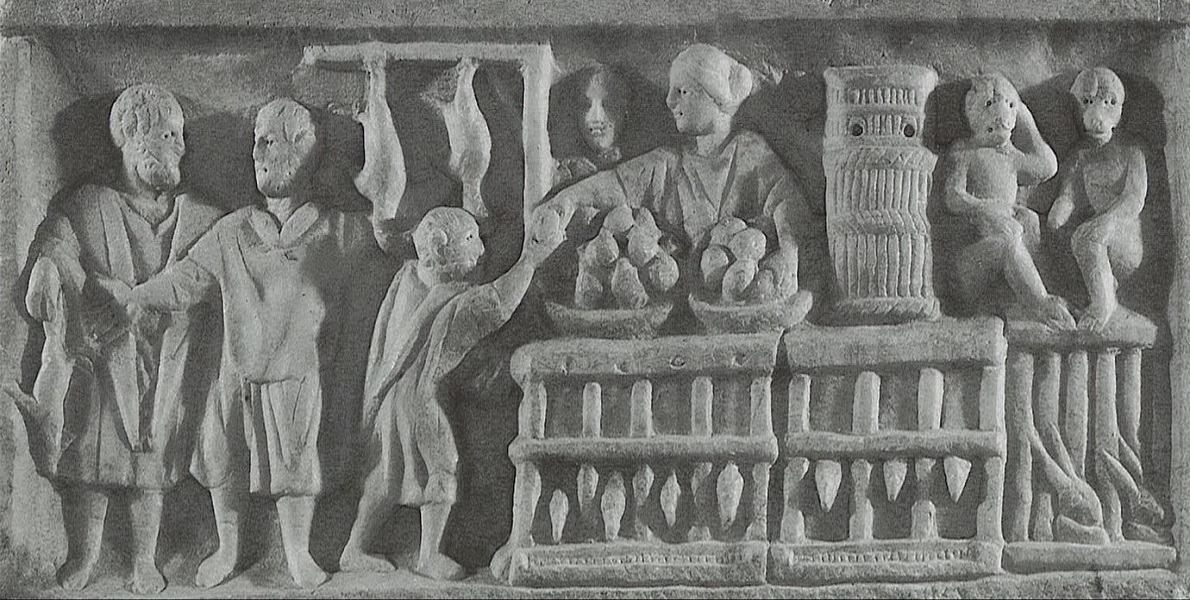
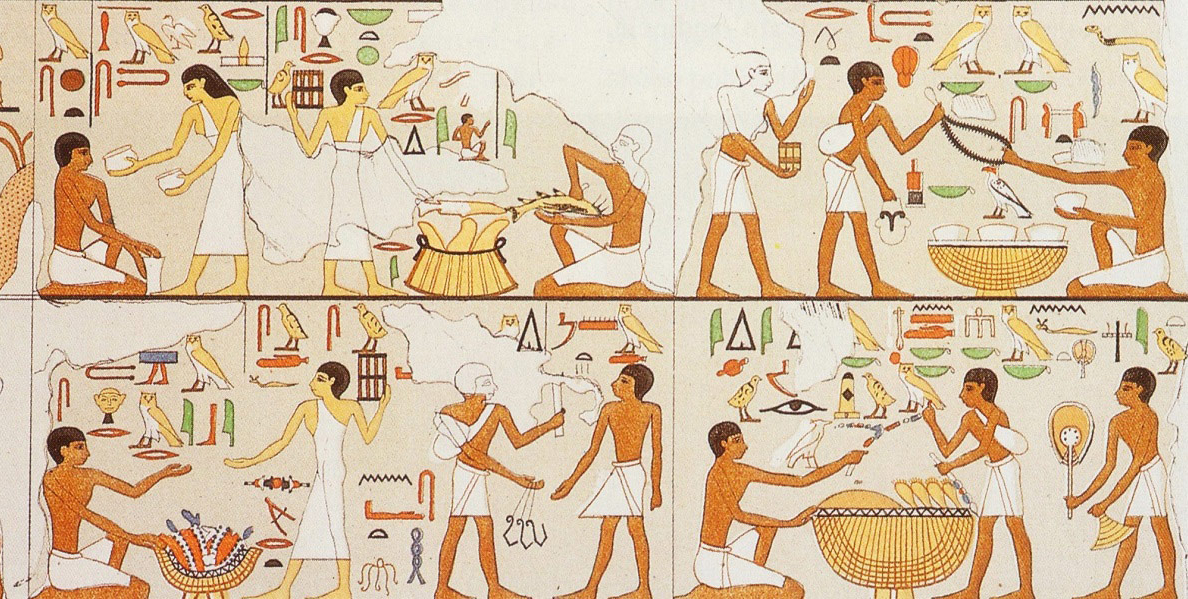
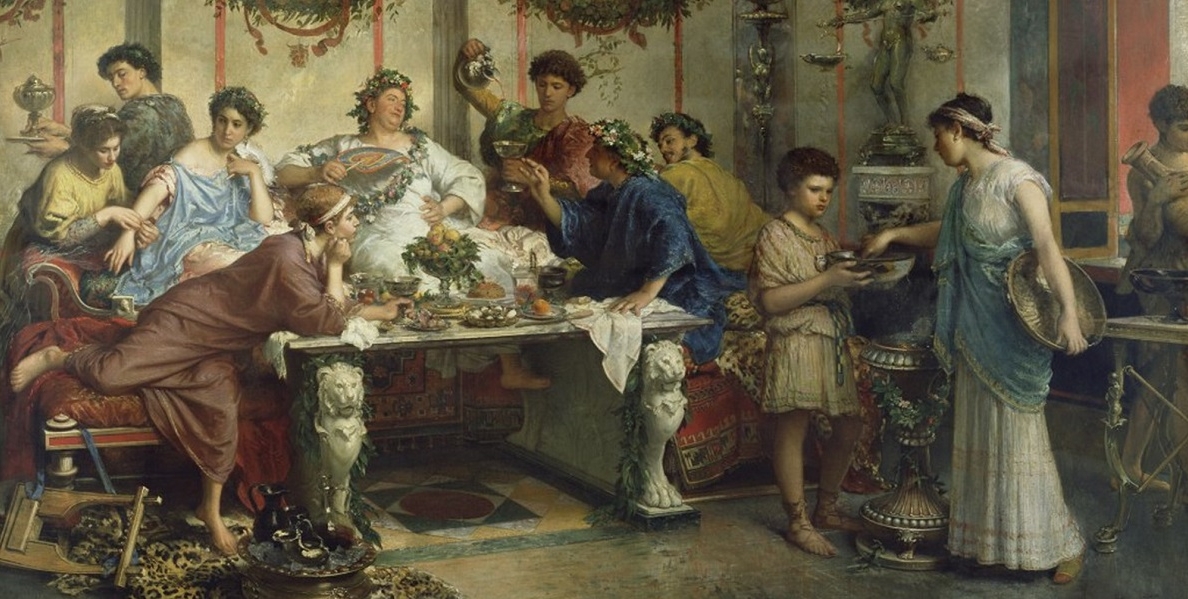
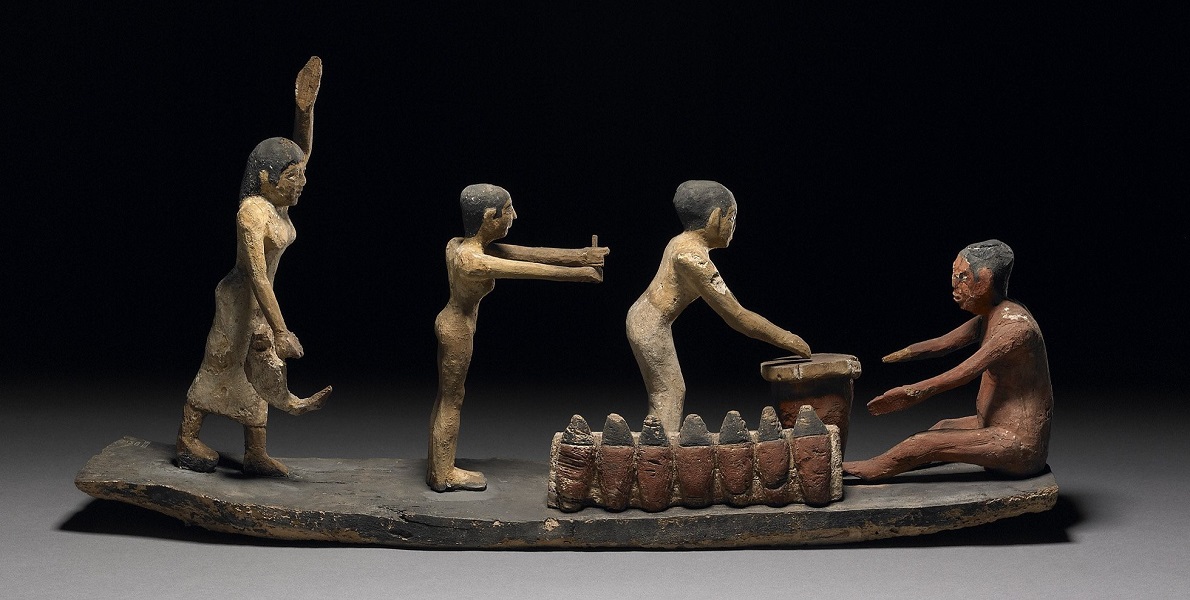
Wining and Dining in the Ancient World
HND 300 also cross-listed as FERM 300
Ask any college student what they like to do in their spare time and most will mention either eating, drinking, or socializing. These activities, while enjoyable, actually have historical significance. Since the beginning of time, food and drink have been basic needs for every human being. However, the meaning behind these practices varied from culture to culture. For example, the ancient Greeks began their morning with barely bread dipped in wine. While this may be frowned upon in today’s culture, this combination was thought to have healing powers. Also, the focus of a meal was to spend time socializing and please the palate, not to fill the stomach. In today’s climate, the goal of eating changed to accommodate large portion sizes and busy schedules with less emphasis on the ancient philosophy of eating for wisdom, spirit, and nourishing the soul.
This course will take you back in time to explore ancient dietary customs and symbolism, including how materials for food and drink were gathered, processed and prepared, and their influence on health. We will explore fermentation as a processing and preservation method and examine evidence of the impact of fermentation on the agricultural revolution and the dawn of civilization.
Specifically, this course will focus on:
- Foods associated with different cultures in ancient times
- Symbolism behind common ancient foods
- Health status of ancient population compared to the health status of modern times
- How food and drink were gathered, processed and prepared
- Creating recipes from ancient food products
- Fermentation as a processing and preservation method and examine evidence of the impact of fermentation on the development of germ theory, human health, the agricultural revolution and arguably even the dawn of civilization.



